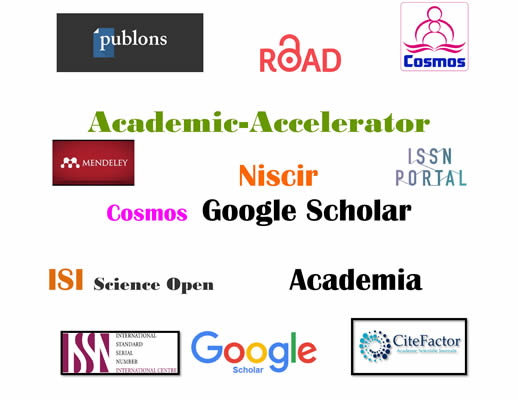Effect of Blended Learning on Achievement in English of IX Graders in Relation to Self-Efficacy
Anju Sharma, Dr. Sushma SharmaAbstract
In today’s world of technological advancement & Globalization, the idea of Blended Learning appeals to the educationists all over the globe. There is an increasing need and demand to respond to diverse student’s needs and provide engaging and meaningful learning experiences to the students. Blended Learning can also be applied to the integration of e-learning with a Learning Management System along with face-to-face instruction. It should also be noted that when the learning material is simply presented to the learners, they are passive and less interested and as a result minimal learning takes place. In contrast, when the learners are active and motivated, when they are involved, engaged, participating and interacting with the learning material, the learning outcomes are much better. Literature suggests that using blended learning approach can enhance students’ knowledge retention better than or at least comparable to traditional classroom teaching. After going through many studies regarded blended learning and in order t overcome the problems faced in traditional classroom teaching as mentioned above, the present study was conducted to find out the effect of Blended Learning on achievement in English of IX graders in relation to Self-efficacy. For the purpose of present investigation a pre-test and post-test factorial design was employed. In order to analyze the data, a 2x3 analysis of variance was used for the two independent variables viz. instructional treatment and self-efficacy. Levels.The main dependent variable was performance gain which was calculated as the difference in post-test and pre-test scores for the subject.
Open Access Journal | Steps Of Publication | Journal Editorial Board | Journal Indexing | Join As Reviewer | Contact Us | About us | Reviewers Panel
